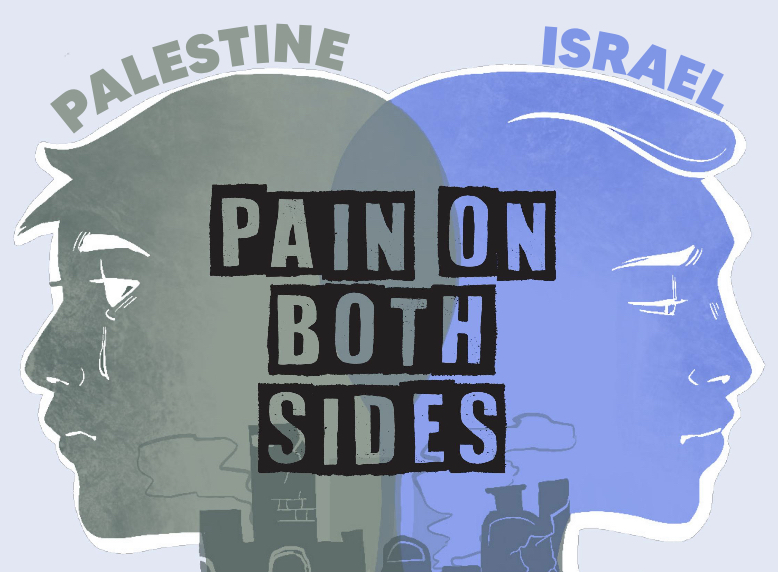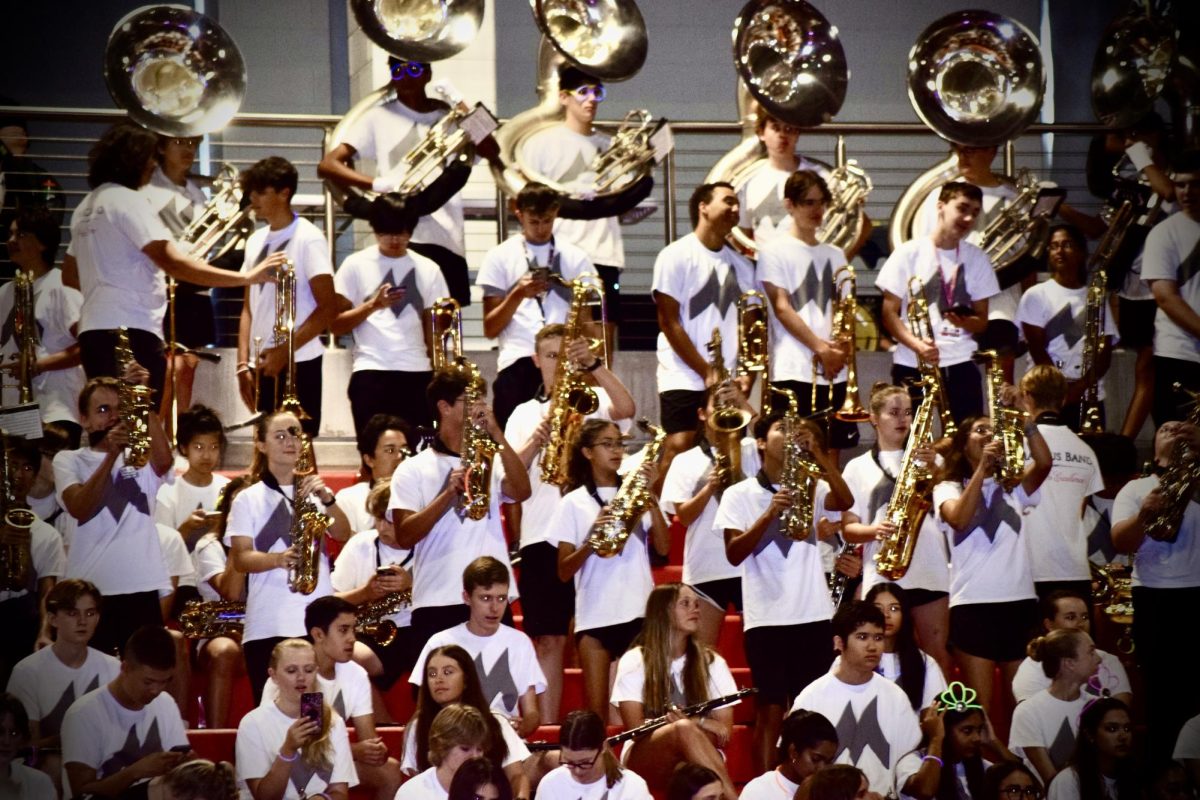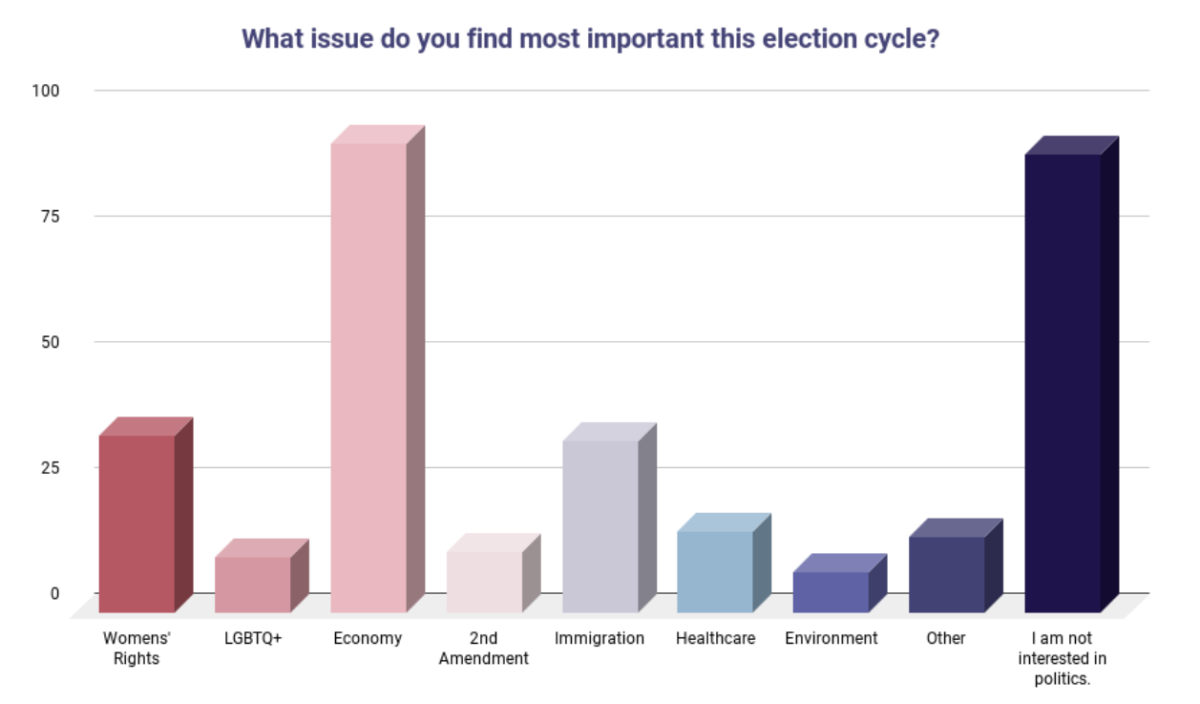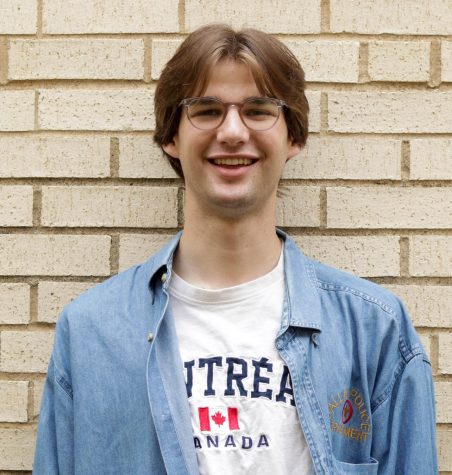Editor’s note: This story won first place for personal column in the 2023 ILPC contest. It also won a 2023 Tops in Texas.
Resting at the bottom of a box buried below an old preppy school uniform and goalkeeper gloves lay a crumpled up piece of notebook paper. On it were the typical scribbles of eighth graders: crude art, flurries of newly acquired curse words and descriptions of how much we hated school. Feeling nostalgic my eyes fell on six words written by the friend I was passing it back and forth with.
“I can smell your Jewish stench.”
I took a step back. What in that moment could I to that friend have done to provoke that kind of comment?
I felt like someone had just thrown a brick through my rose tinted window to the past. Comments like that caused memories to come flooding back of running home crying to avoid going to football practice where I was harassed constantly. I remembered the queasy feeling of dread on the morning ride to school and begging my mom to not make me go. No one had a last name like mine, and I wanted to be like everyone else.
***
Before coming to Marcus, I attended a private Christian school for ten years. That decade I spent with people who looked, thought and talked like me. In elementary school I did fun projects on boats that sailed the Nile or heroes of the American Revolution. Entering middle school we pivoted towards projects that would help us discover our identities.
The most impactful of these was about my Jewish name, Oppenheimer. Intended to be a fun project where we would find or make family crests and glue them to poster boards bigger than ourselves, it turned into something that would follow me for the rest of my time there.
My mom and I spent hours researching and building the board. We cut out our coat of arms, which had a filled in Star of David adorning the center. And then we wrote the origins of the last name Oppenheimer, which was adopted by the Ashkenazi Jews in Germany as early as the 16th Century.
I didn’t expect any issues, after all we were not practicing Jews, and I hardly identified with the label. However, after learning about the Holocaust the jokes started. I didn’t find them particularly funny, but I laughed anyway and made the jokes too.
When you grow up in a setting where everyone seems the same it is just too easy to make cheap entertainment out of someone who is different, or in my case turn myself into a joke for others.
At the end of my freshman year I’d finally had enough and decided to leave.
Throughout my first year at Marcus I was exposed to new ideas and new people. I made friends I would have previously thought I never could have agreed with and began to learn from them.
***
Part of this transition was realizing how unacceptable those kinds of comments were. For the first time in my education I wasn’t subjected to crude jokes that made me feel different.
Looking back with an old friend we realized the absurd normalcy of these comments and the way I was affected without even knowing it at the moment. I wondered if any of the people who insulted me even remember what they said. I had kept that crumpled note for a reason when I left the school, even if I didn’t know why. Six years later when I found it I understood. Throwing it away wouldn’t have made any of the feelings go away. Keeping it made me realize how deeply those words hurt.











